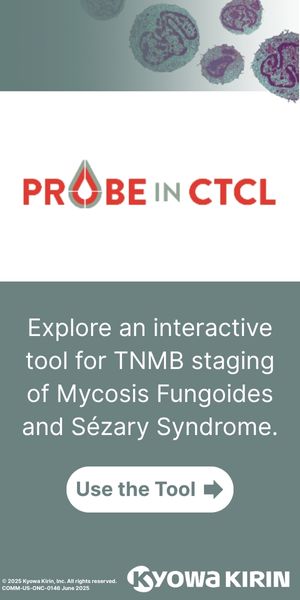Carla Nester, MD, University of Iowa Stead Family Children’s Hospital and lead investigator of the VALIANT study, discusses the impact of the recent approval of pegcetacoplan (Empaveli) for patients with C3 glomerulopathy (C3G) and immune complex membranoproliferative glomerulonephritis (IC-MPGN).
C3G and IC-MPGN are rare kidney diseases characterized by damage to the glomeruli in the kidneys due to abnormal activation of the complement system that causes protein accumulation. Common signs and symptoms include hematuria, proteinuria, reduced glomerular filtration rate and increased creatinine levels, fatigue, and edema of the hands, feet, and ankles.
Pegcetacoplan is a targeted C3 inhibitor designed to regulate the excessive activation of the complement cascade. The approval for treating C3G and IC-MPGN followed results from the phase 3 VALIANT clinical trial where results illustrated a 68% reduction in proteinuria, as well as stabilization of kidney function, and substantial clearance of C3 deposits measured by C3 staining, compared with placebo.
Dr. Nester discusses concerns of increased risk of infection when using a treatment that blocks the alternative pathway in the immune system. In the study, however, no encapsulated organisms were observed. She explains how as long as proper measures and precautions are taken, treatment with pegcetacoplan can be safe.
For more information on the approval, click here.
To learn more about C3G and IC-MPGN and other rare kidney conditions, visit https://checkrare.com/diseases/kidney-and-urinary-diseases/

